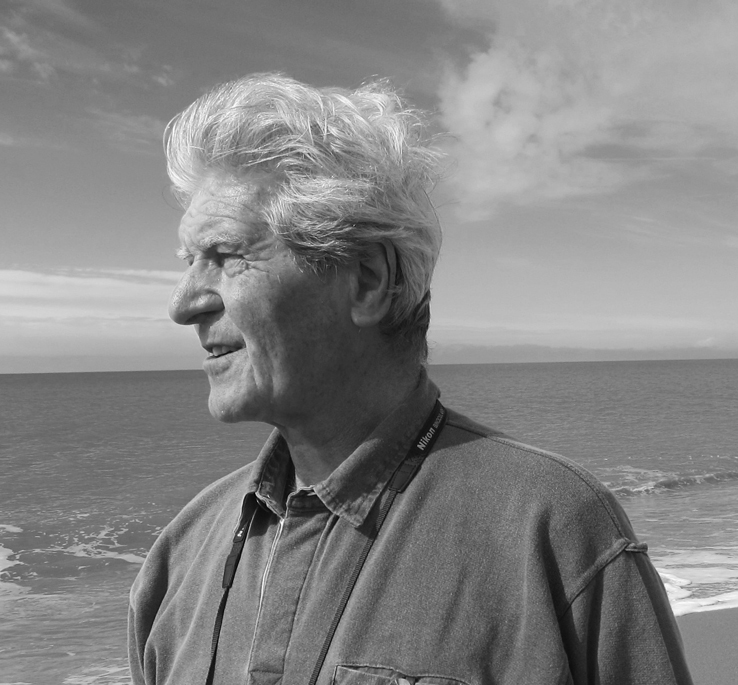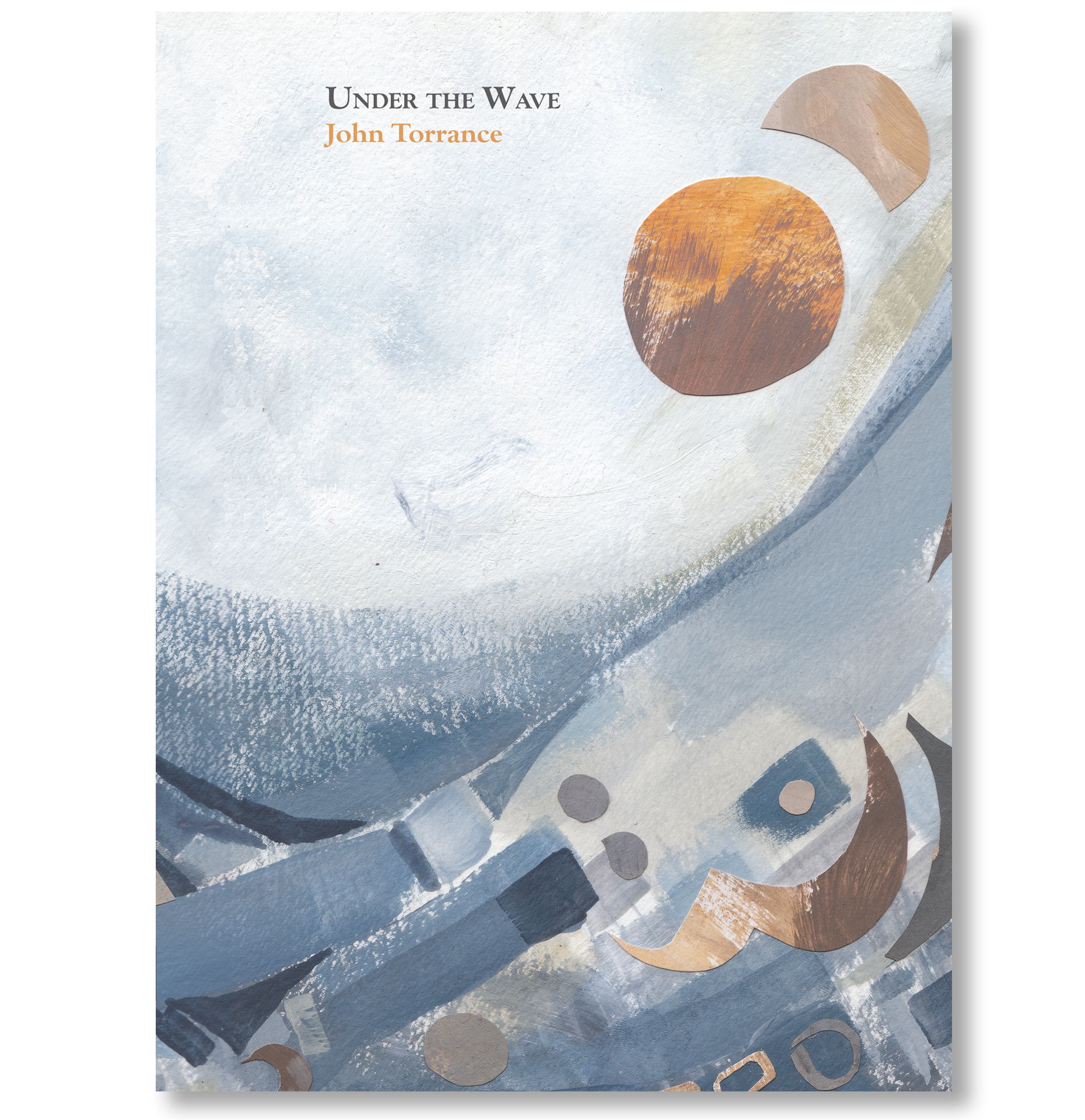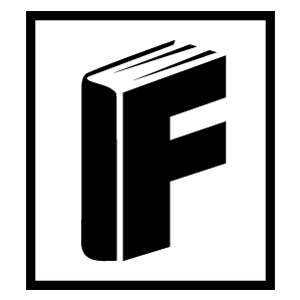Under the Wave

John Torrance (1933-1921) was a poet, political historian and former Vice-Principal of Hertford College, Oxford.
His books include a poetry collection, Waterwheel (Oversteps Books, 2013) and the critical study Karl Marx’s Theory of Ideas (Cambridge University Press, 1995).
Praise for ‘Under the Wave’
Just as Thomas Hardy could make a poem out of ordinary events, John punctuated his day, his life, with poems that are like diary entries, but which always seek the seam of gold. John had a fine ear for rhythm and rhyme … he could use them to write of heartfelt pain and also the surprise of joy.
Rowland Molony
When I think of John’s poems, the word ‘integrity’ comes to mind … his poems have a real and true sense of purpose, a reason for being in the world. He felt deeply and strongly about things: not only the countless injustices of the world but about the people he loved and the places he knew, about birds and trees, about the sea and music, about art. And as his feelings resonated with these things his extraordinary mind felt compelled to shape them into lasting and resilient structures, into forms of beauty that would touch other people, no matter who they were.
Greta Stoddart
Work from ‘Under the Wave’
Questions
Slowly from the sunrise
through the river mist,
wading in the shallows,
comes a roebuck, limping.
His horns like question-marks
anticipate our question.
Did he swim across?
His tawny coat looks dry.
Leg-wound? Thorn in the hoof?
He stumbles past, not seeing us,
then clambers out, black snout
pushing through matted grass,
and stops. We’re spotted. Now
he’s the one with questions.
He braves it, climbs the bank
black with fallen walnuts,
goes in among the bushes.
He needs a place to hide
and time to heal. But the shooting
season has started. Gunshots
crack the autumn air
with swift and deadly answers.
Blackbury Camp
This old enclosure
half-hidden in the woods
with beech trees standing
here and there along its bank
and scattered oak and beech
of high maturity inside,
looking almost park-like,
started as a roundhouse hamlet
with a forge and oxen
to plough the fields outside.
If we could be there now
we’d see a greening of the ground
by myriad spiky little leaves.
By May, in all the spaces
unshaded by trees
will float a haze of blue,
more blue than sunlit sea,
more violet than the sky.
Walking round there year by year, we’ve said
‘Our ashes could be scattered here’.
Now we look less far ahead.
Walking nowhere, I might wonder
‘Shall I see the bluebells?’ Or, today,
‘I doubt I’ll see the bluebells
at Blackbury Camp in May.’
A Metal Fence By Moonlight
Coming along the seaward lane by day,
this rail of metal piping where the valley falls away
is just an eyesore,
a foreground to ignore
while gazing over it, at fields that look propped up
as if to stop the tree-line tumbling downhill from the top.
But walking to your house this way at midnight,
hedge to my left, dark, valley black and silent to my right,
gold moon ahead,
the sea beneath it spread
with gold, this metal curve becomes a glowing line
whose quiet gleam beside me is a lover’s guiding sign.


